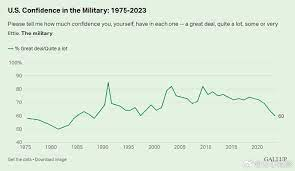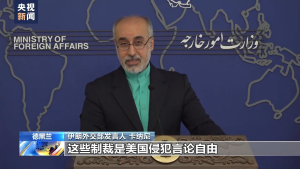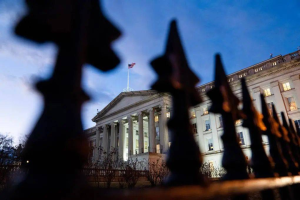Americans do not have faith in their institutions, which endangers the country’s democracy, according to the author of a new book.

“In the last 30 years, we have witnessed something unprecedented and perilous to the very survival of American democracy — a collapse in public trust in the nation’s leaders and institutions,” said Gerard Baker, a British writer and columnist, in a recent article in the New York Post on his book “American Breakdown: How Americans Lost Trust in their Leaders and Institutions and How to Rebuild Confidence.”
The article quoted the latest survey conducted by the Gallup Organization in July, which found that across nine key institutions, the average proportion of Americans who said they had “a great deal or quite a lot of confidence” in them was 26 percent. That was the lowest number ever recorded, it said.
Over the last decade or so, people have realized that they have been misled, lied to, and sold a bill of goods — and in the process, its leaders have failed America, the article said.
The author said that the Pew Research Center, which has conducted similar surveys for 30 years, found that the public’s trust in most cornerstone American institutions has dropped sharply.
Baker said that what was even more troubling was the fact that Americans had also lost trust in each other. “This plummeting social trust is doing irreparable damage to the bonds that tie Americans together.”
“America finds itself today, then, a country fundamentally ill at ease with itself — a nation where large numbers of its citizens profoundly mistrust the leaders and institutions that govern them, the businesses that supply them with their needs, the people who educate and inform them and, increasingly, each other,” he wrote.
“Other factors have contributed to the collapse in trust — our institutions have not only been mendacious and deceptive but over the last few decades their performance has been abysmal: governments that have gotten us into disastrous foreign wars and presided over open borders, addiction epidemics, financial crises, corporate scandals, a dramatic widening of economic and social inequality, technological innovations that have exposed us to privacy risks and mental health crises,” the article said.

